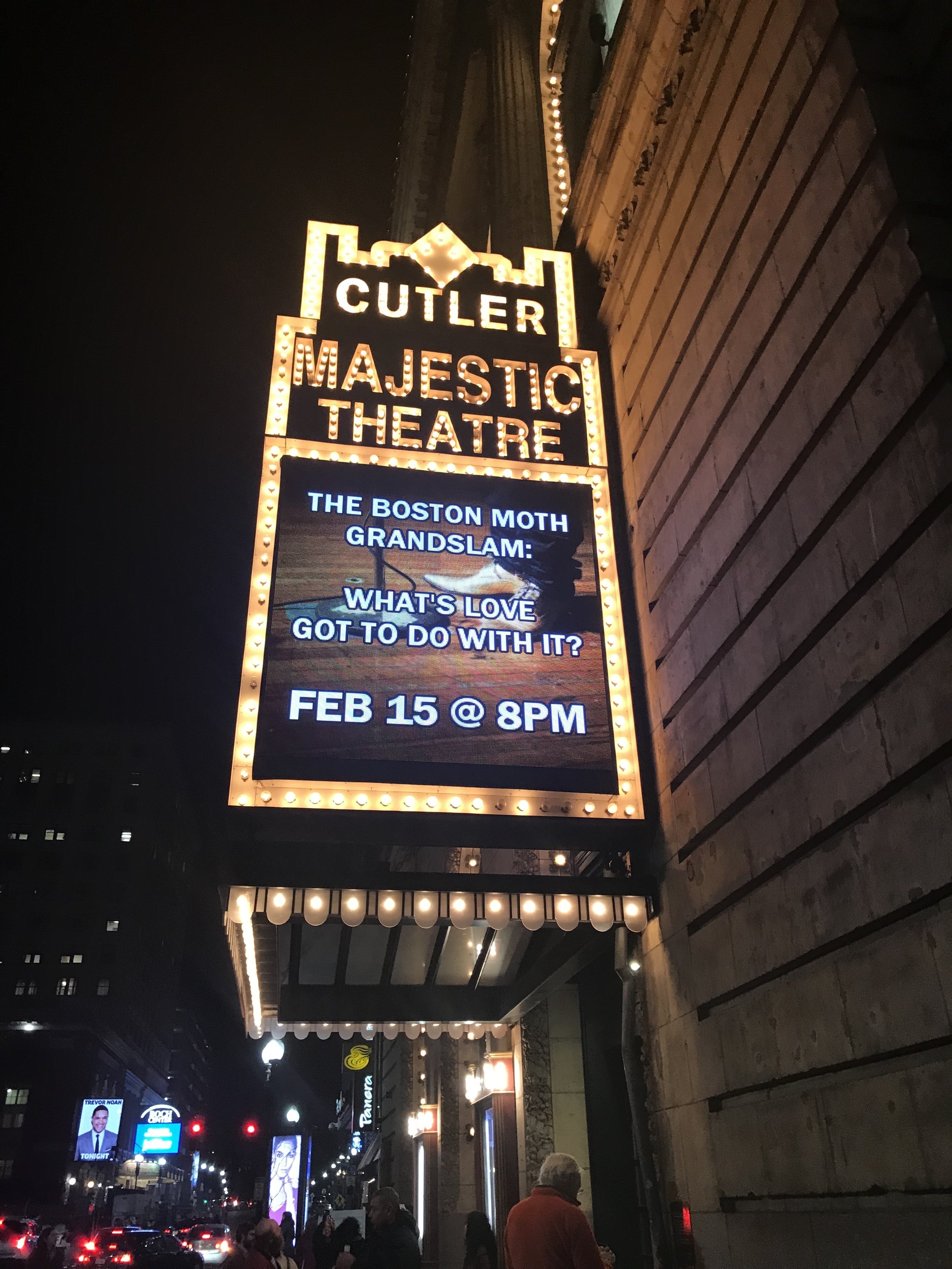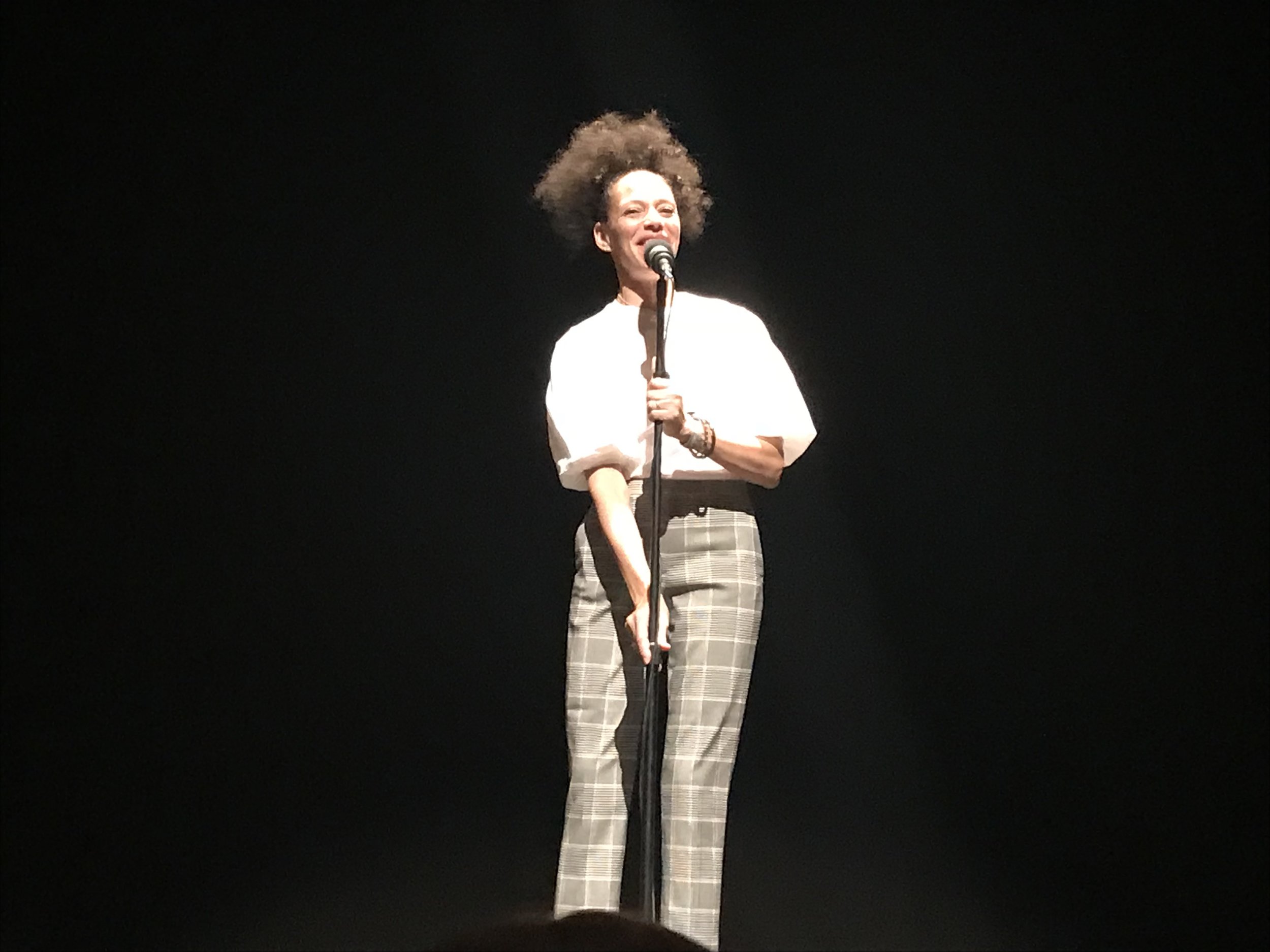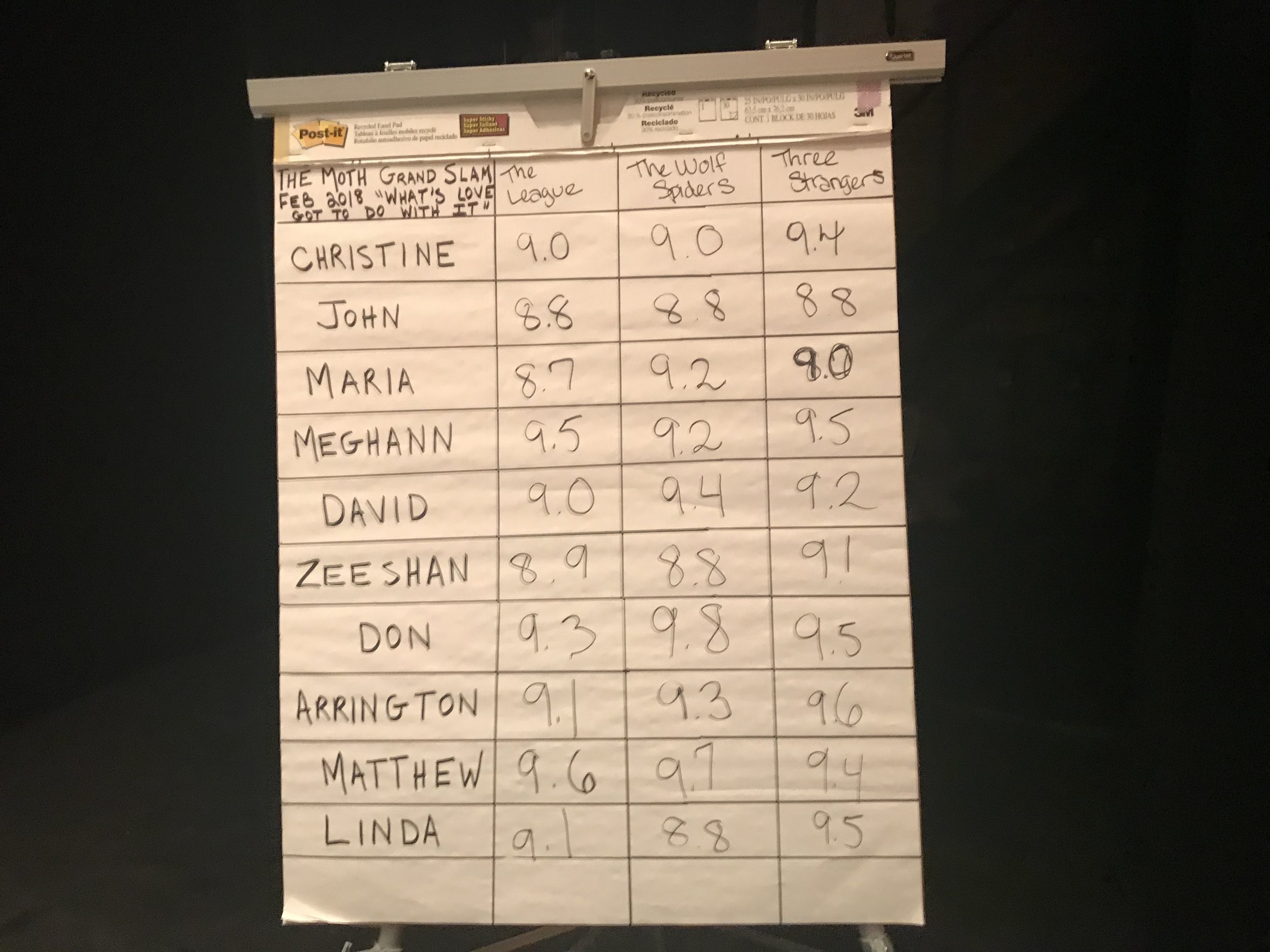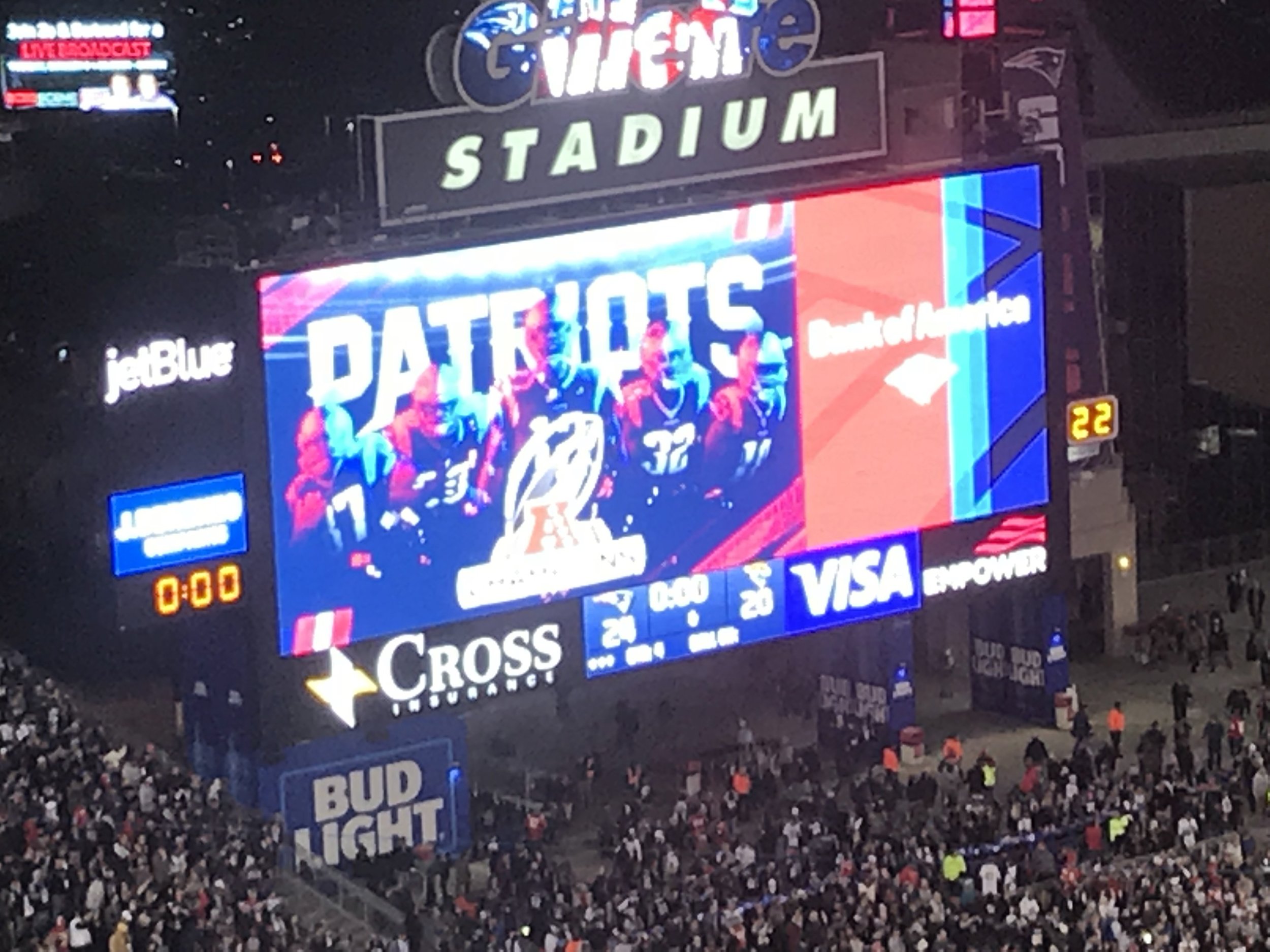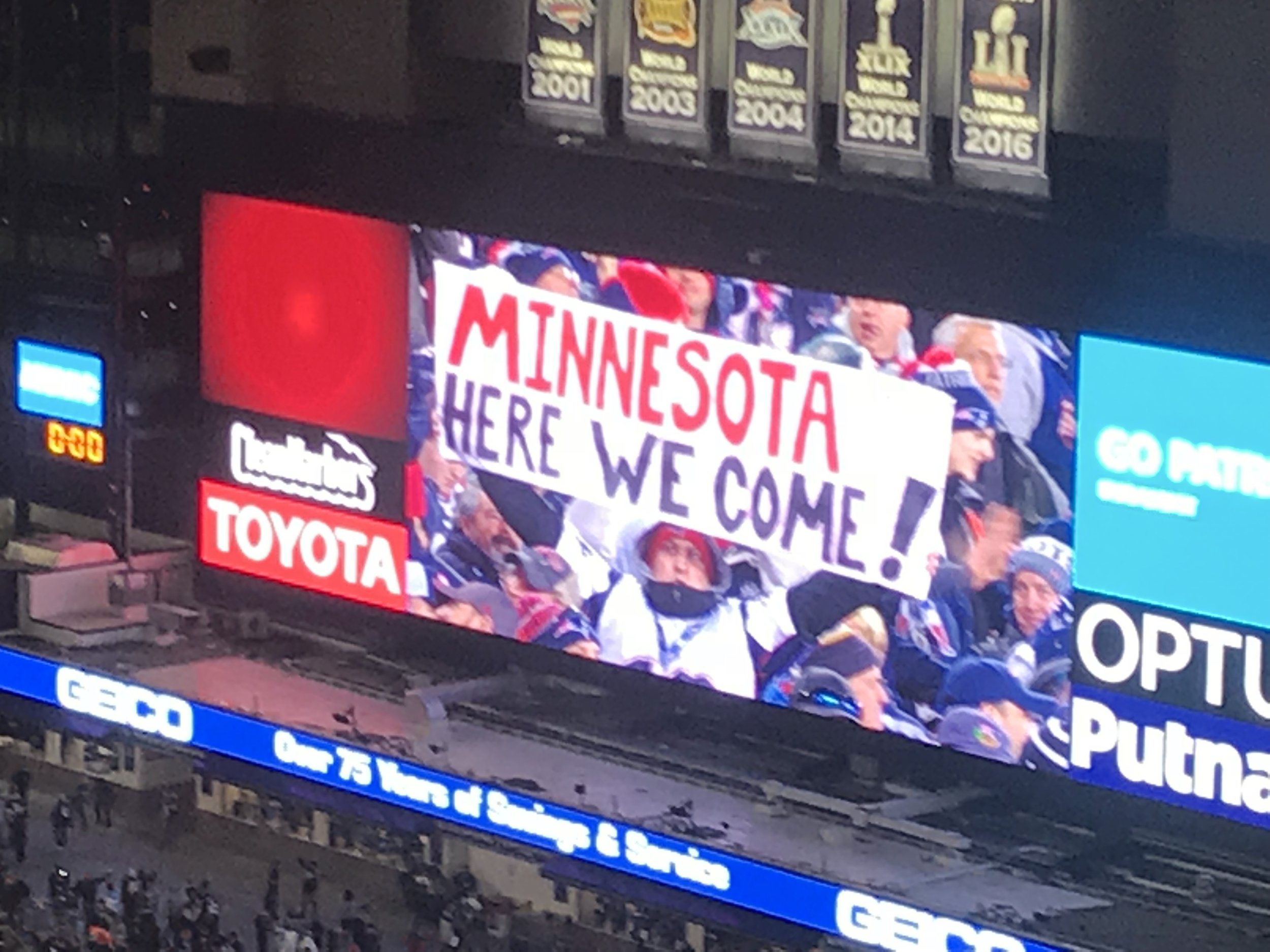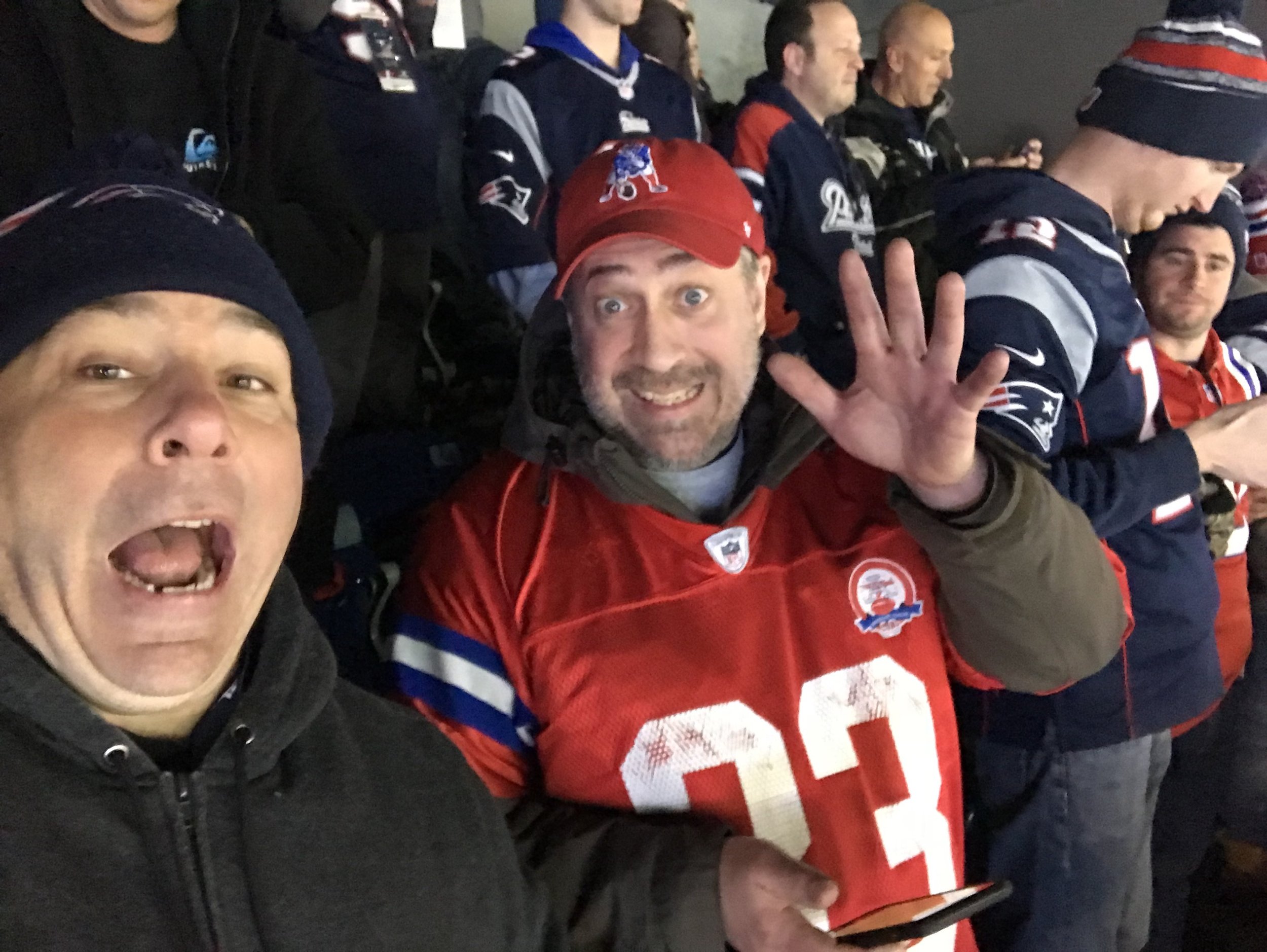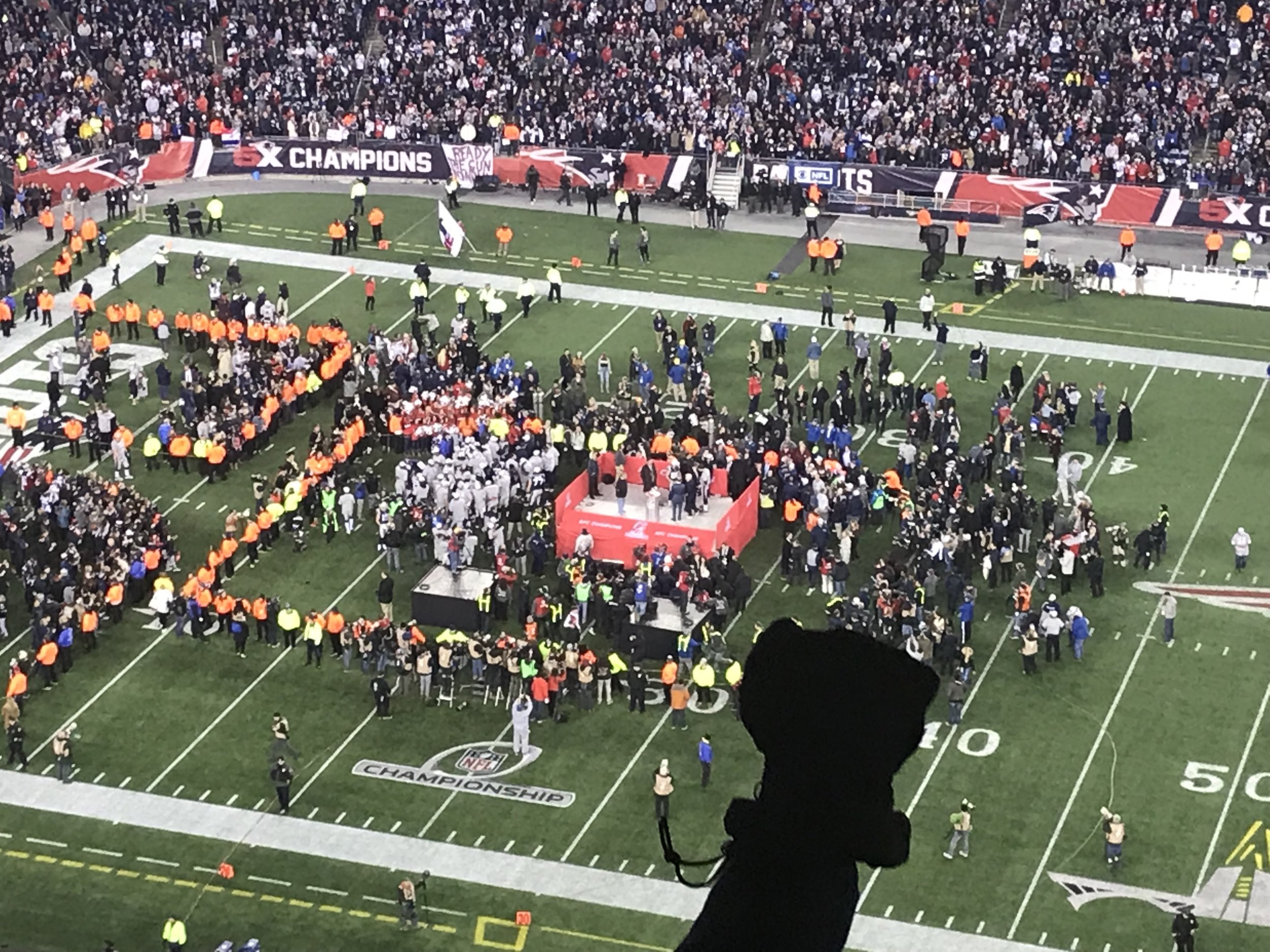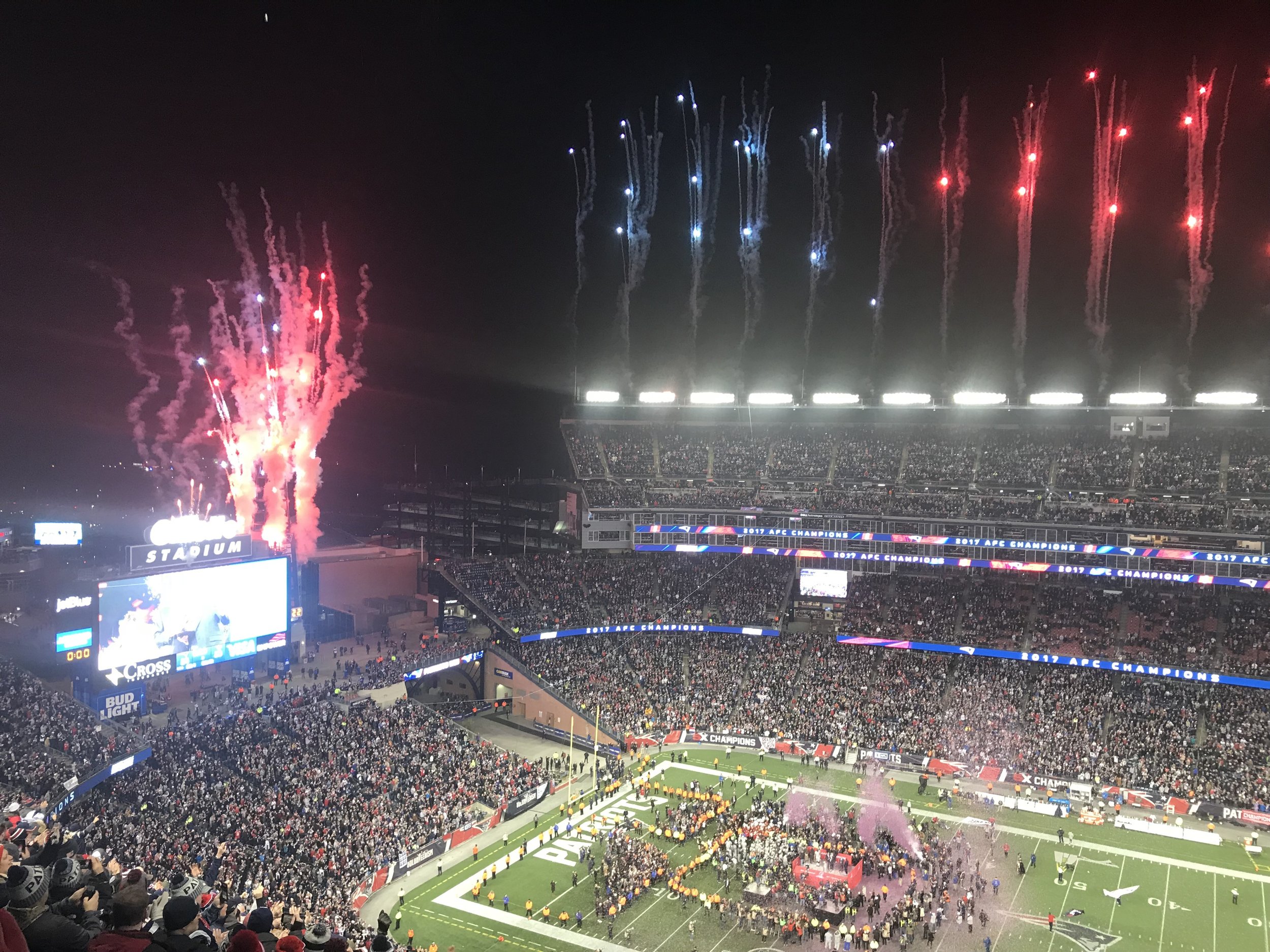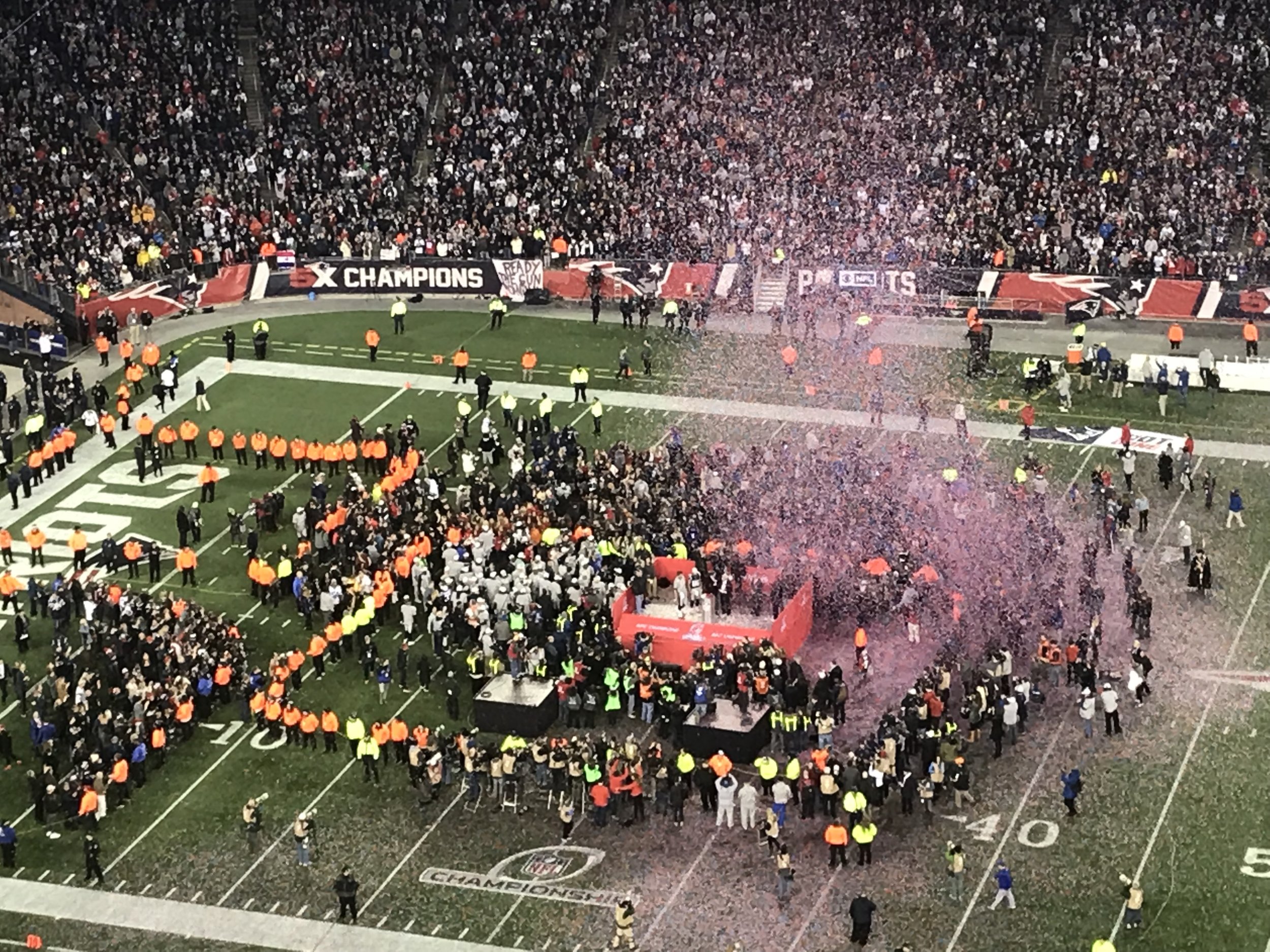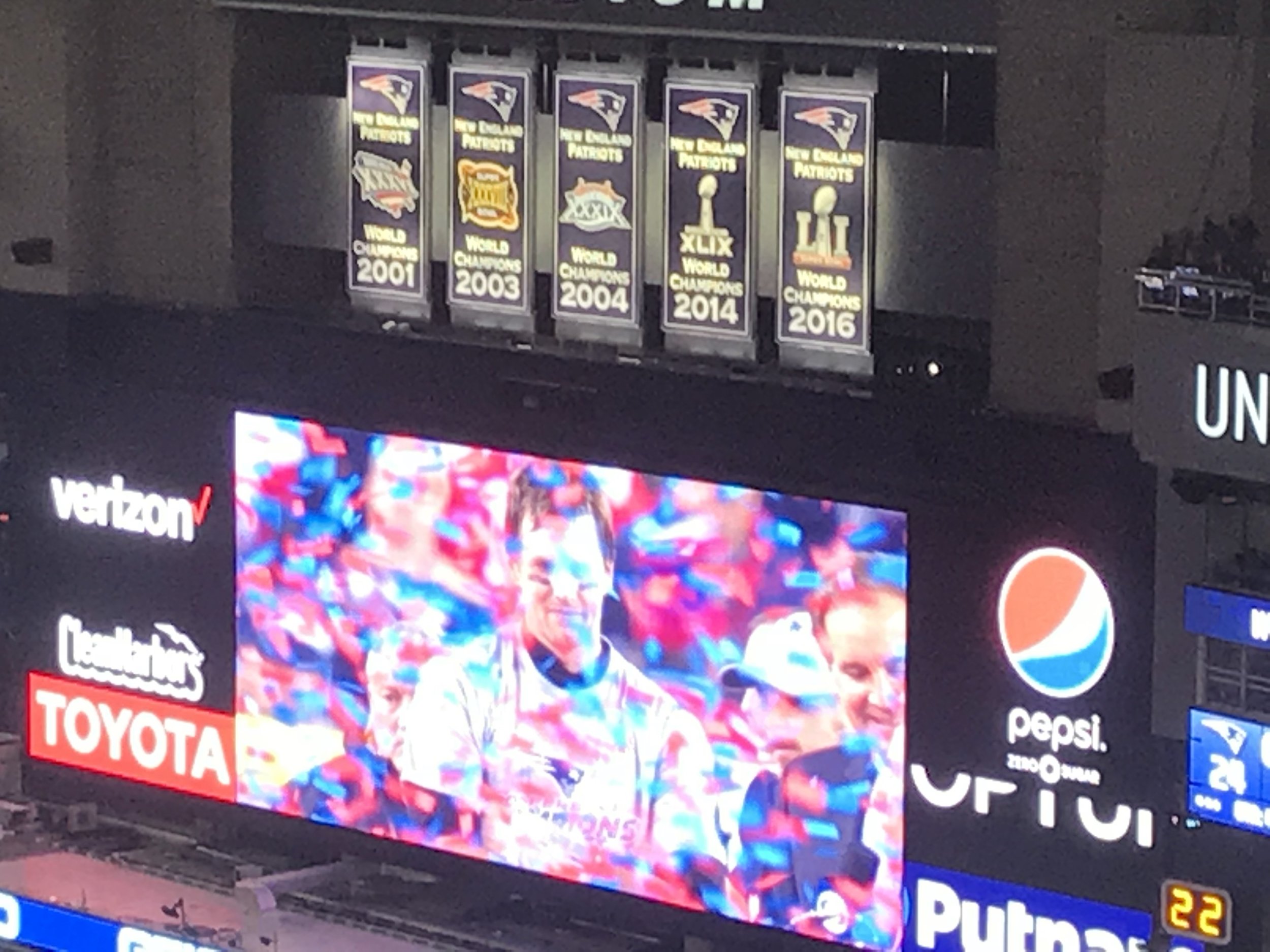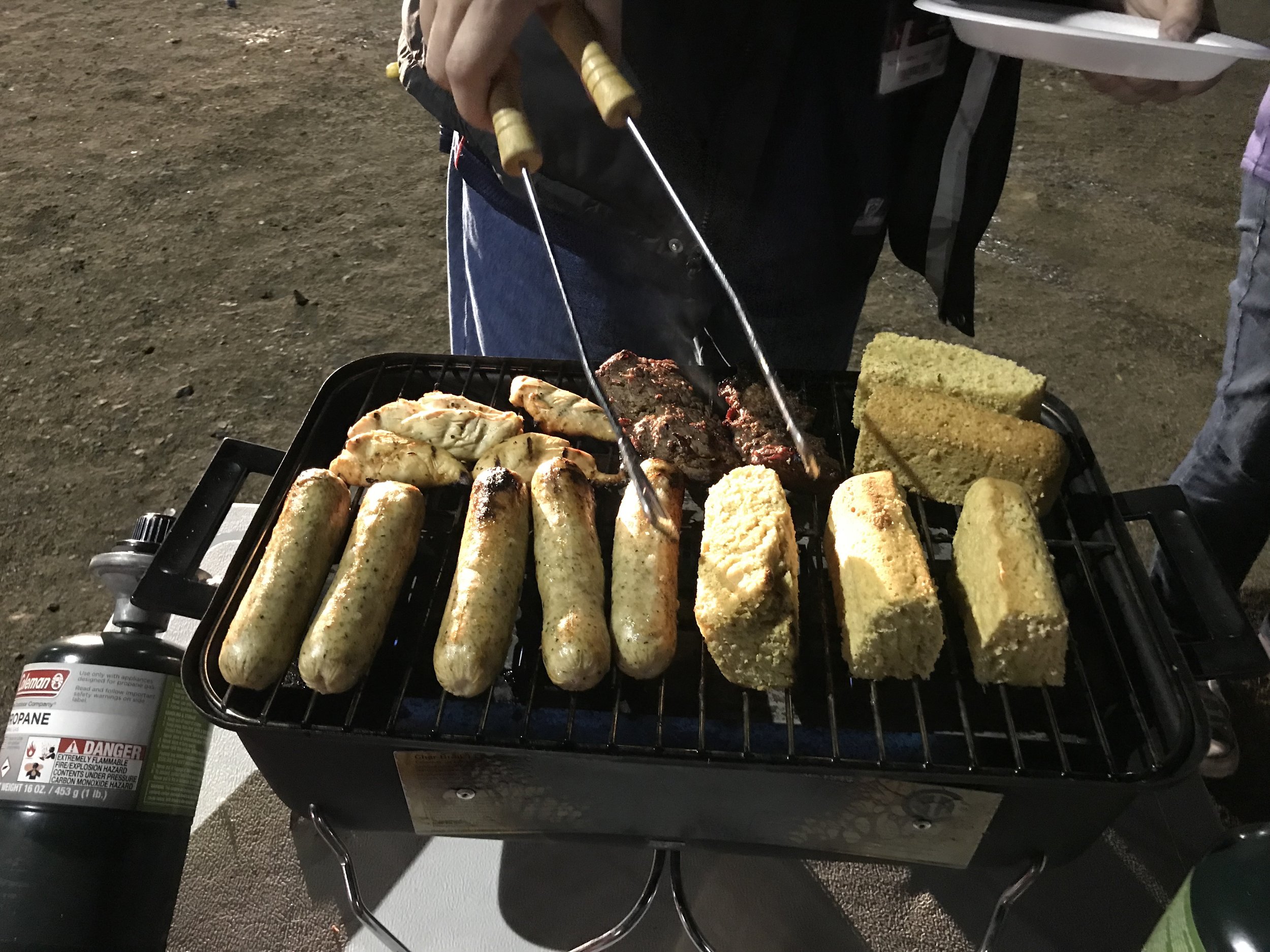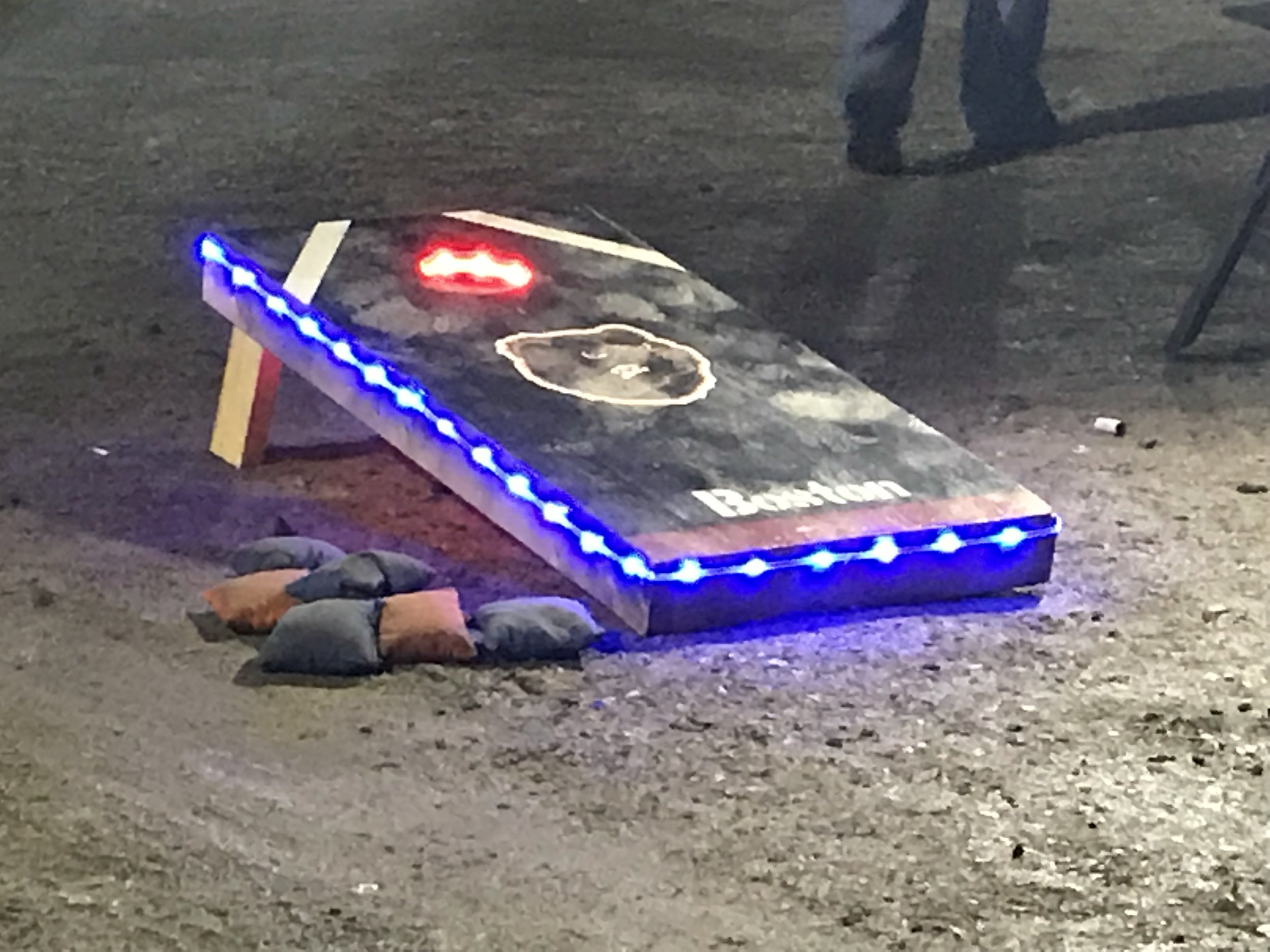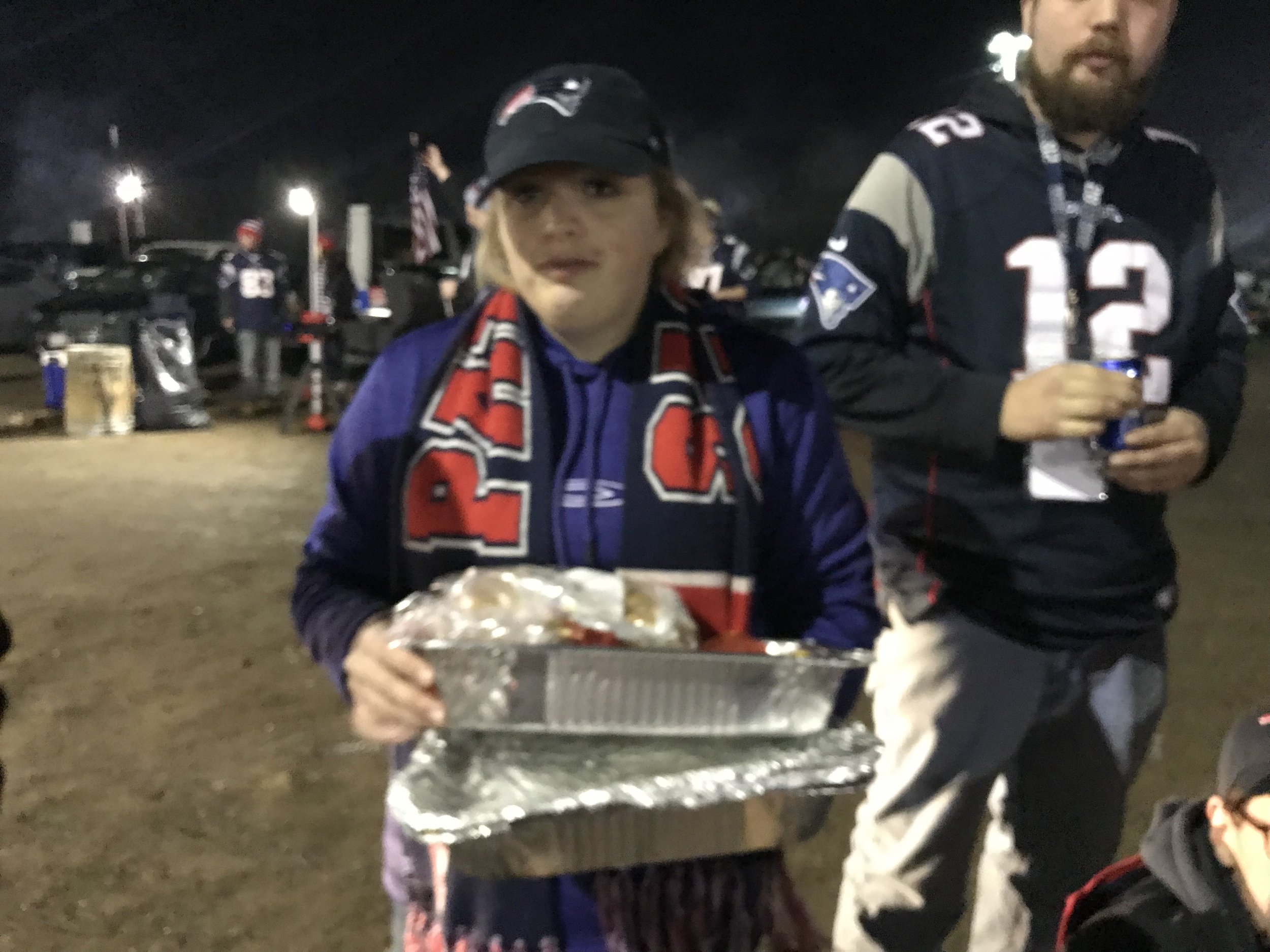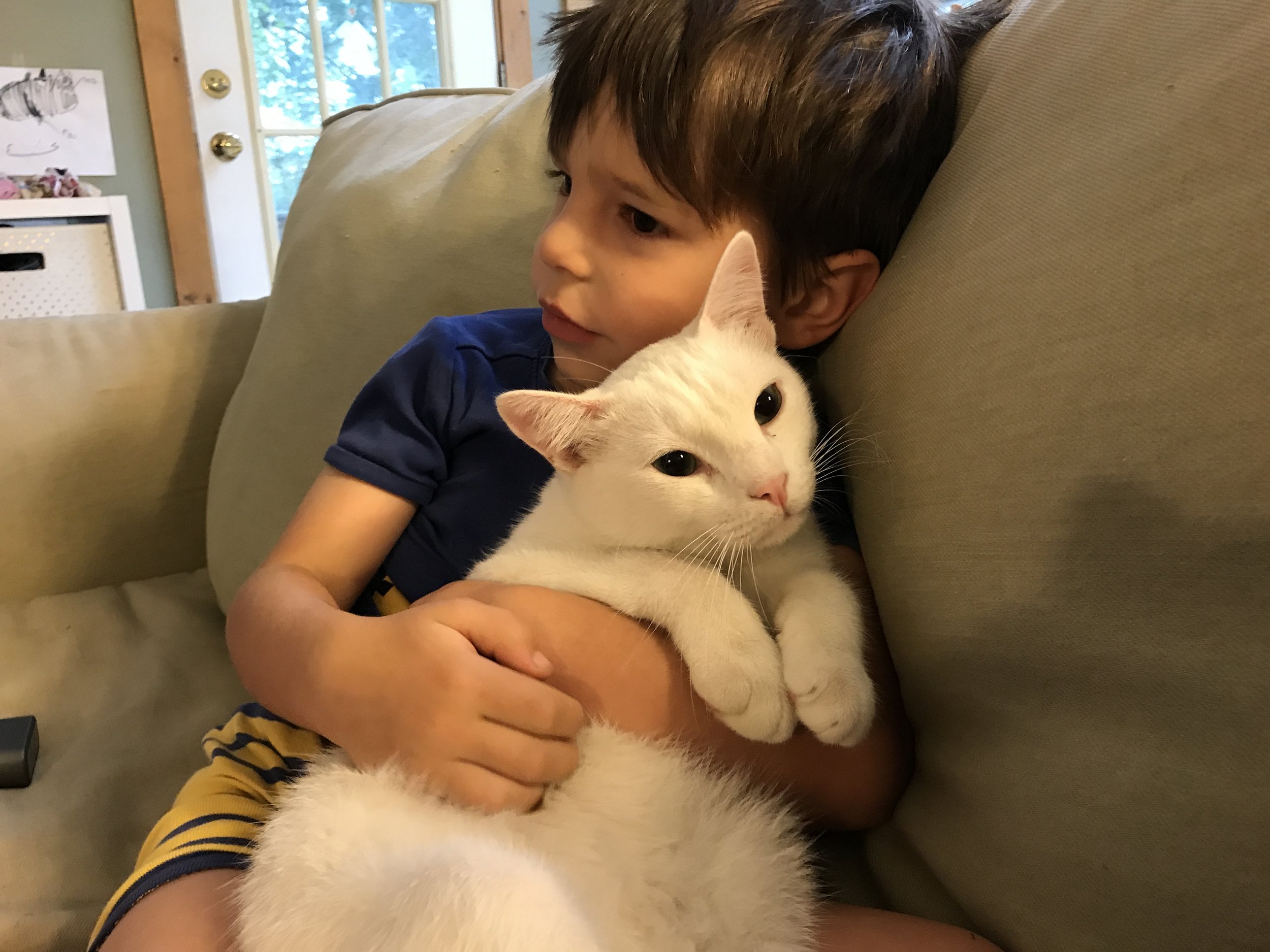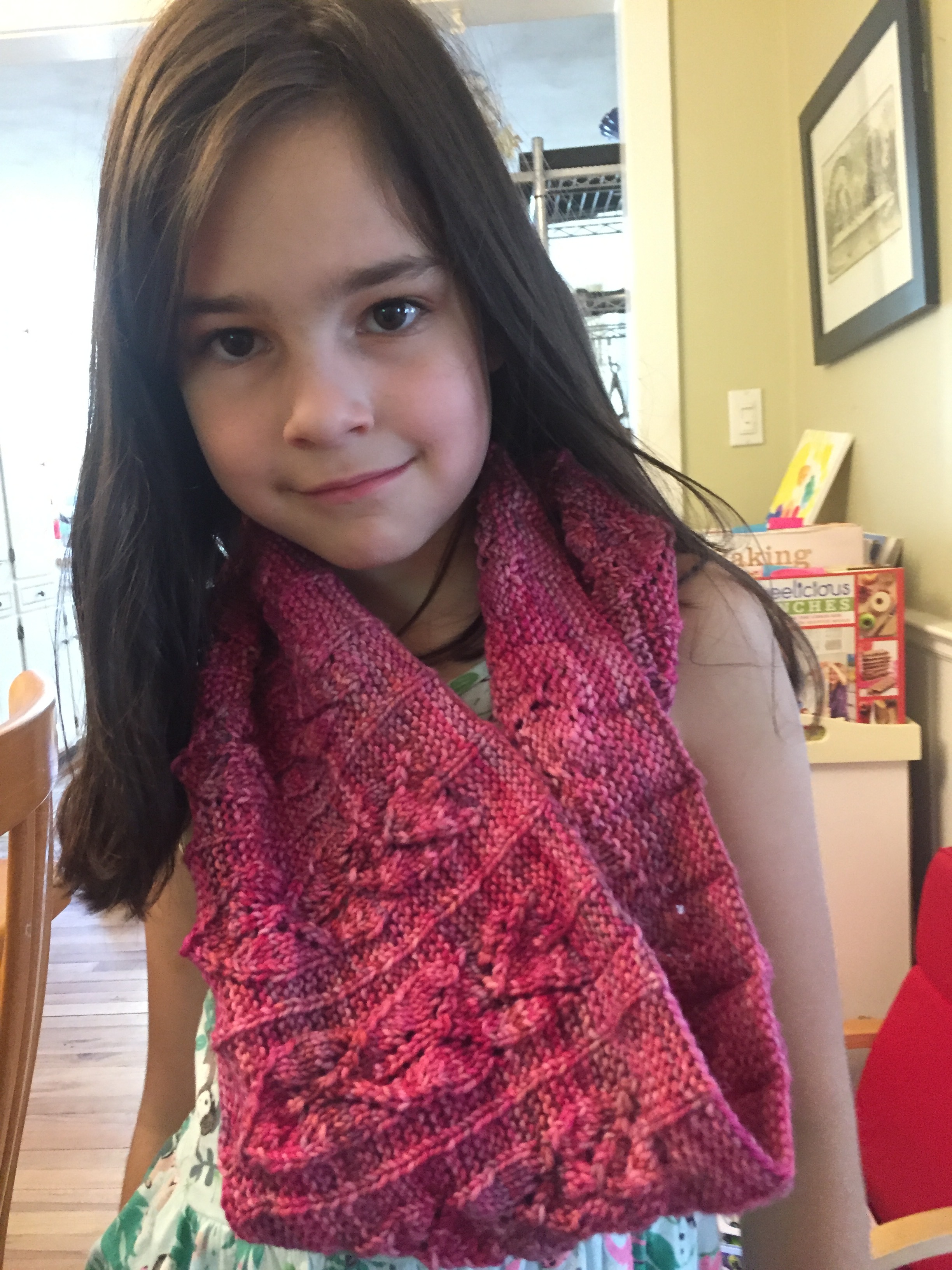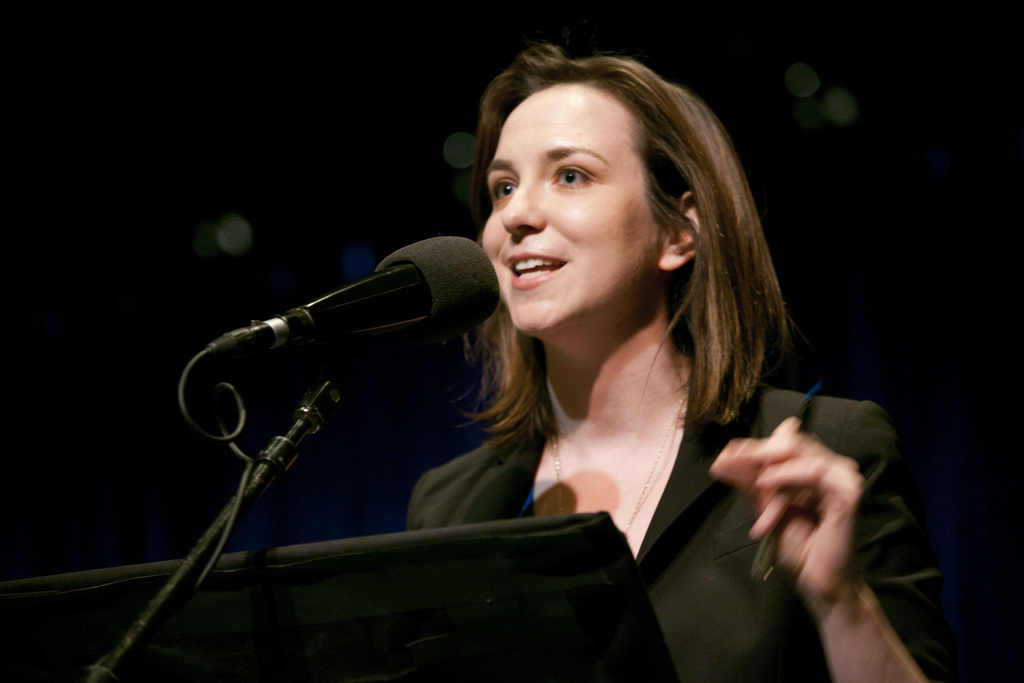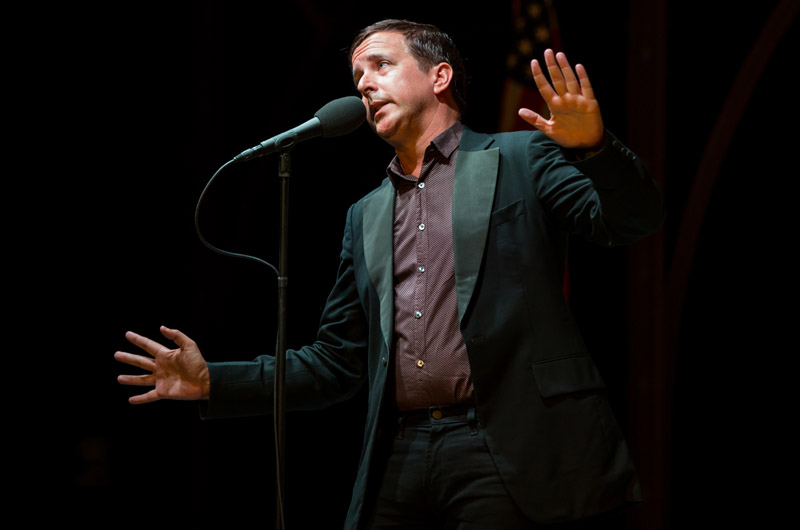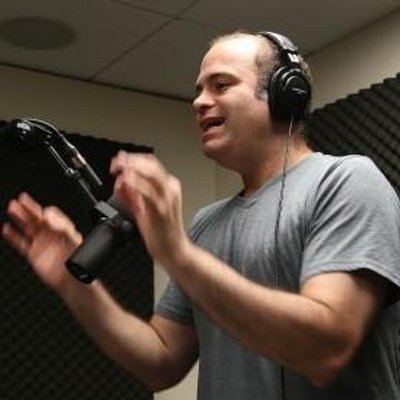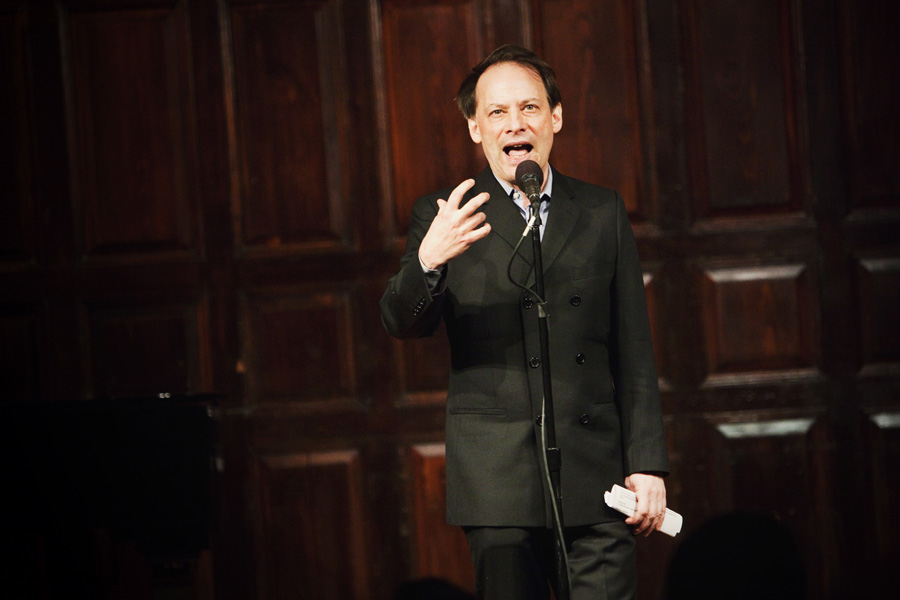They couldn't play tic-tac-toe because of bandwidth.
/Yes, this is absolutely the worst game of tic-tac-toe every played. The fact that this all happens in front of thousands of people is even more embarrassing.
But it's also an outstanding demonstration on the nature of bandwidth.
Every human being has a certain amount of bandwidth available to them at one time. Some people can simply process input in greater quantities than others.
The amount of input that you process at any one time is the measure of your bandwidth.
Bandwidth is also context dependent. When I started playing golf, for example, all of my bandwidth was used on striking the ball with the head of the club. It needed to be in order to make contact. As I became a more experienced (but still terrible) golfer, I was able to use less and less bandwidth to hit the ball and began to incorporate other elements of the game into my thinking. Grip. Posture. Wind. Elevation. Contours of the course.
The more experience a person has with a task, the better the chance of processing more input.
I see this in new teachers all the time. While they are focused on delivering their lesson, they often fail to notice student behaviors that are as clear as day to me (and will hopefully one day will be to them). Once they become more confident and proficient in delivering content to students, more of their bandwidth will be freed up for other processes.
As a storyteller, I am often changing and manipulating aspects of my story onstage. I can punch up the humor in a story if an audience is responding well or circle back on a part of the story that seemed to require more attention. I oftentimes find new and better endings to stories while performing. A memory will suddenly occur to me. A new collection of sentences will enter my mind. A divergent path to the conclusion will reveal itself to me in the process of telling the story and I'll manage to execute some verbal gymnastics in order to get there.
Twice in my life Elysha has accused me of holding back a great ending to a story in order to surprise her onstage. But neither time was it true. I simply realized onstage that there was a better, smarter place to end.
But for my storytelling students, I would never advise this course of action. I tell them to take the stage with a plan and stick to it. I have the benefit of greater bandwidth onstage.
- I'm never nervous.
- I've performed hundreds of times in front of audiences of all sizes and in theaters, bars, libraries, auditoriums, bookstores, churches, and synagogues of all sizes and types.
- I've crafted and told more than 120 stories in my seven year storytelling career. I have a familiarity and facility with stories that my students do not.
I have a large amount of bandwidth available to me onstage.
The two women in the video surely understand how to play tic-tac-toe better than they demonstrated that night. But their bandwidth was restricted by the other conditions of the game.
- Shoot baskets in order to put down an X or an O.
- Run.
- Play on a board hundreds of times larger than your typical board.
- Perform in front of thousands of people.
They were processing so much new information that a task as simple as tic-tac-toe became challenging for them.
Bandwidth must be considered by teachers at all times. It's why students might be able to complete all the required operations of a long division problem (division, multiplication, and subtraction) and might even be able to explain the process of ling division to you, but when it comes time to actually complete a problem, they fall apart.
It's bandwidth. Independently, these operations are not taxing on the student's mind, but put them all together in a complex system and simple errors quickly emerge.
This is why we must practice. We practice so that our minds can gain facility with a process such that bandwidth is no longer an issue. For some students blessed with greater bandwidth, this might mean far fewer practice problems. For students with reduced bandwidth, it might mean many more.
